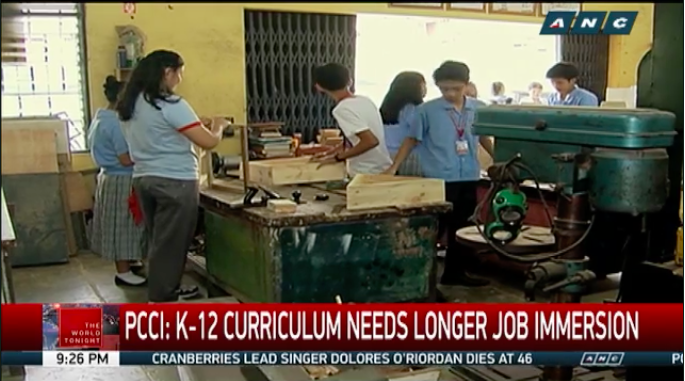Sen. Bam: Patibayin ang paghanga sa mga Pilipinong manunulat, ituro ang Panitikan sa kolehiyo
Sen. Bam Aquino questioned the Supreme Court’s decision excluding Panitikan and Filipino as core subjects in college, saying that we should strengthen our Filipino identity and appreciation for our national language.
“Sa kolehiyo lumalim ang pagmamahal ko sa bayan. Kaya mahalaga na hanggang tertiary level, tuluy-tuloy ang pag-aaral at pagpapalalim sa ating pagiging Pilipino, at malaking bahagi dito ang ating literatura,” said Sen. Bam, principal sponsor of the law granting free education in state universities and colleges.
Sen. Bam shared that it was in his college years that he became more aware of the country’s needs, and he emphasized that Filipino literature can help deepen the youth’s love and appreciation for the struggles, revolutions and victories of fellow Filipinos.
“Kilalanin at ipagmalaki natin ang mga kababayan nating makata’t manunulat na maaaring maging inspirasyon sa ating mga estudyante sa kolehiyo,” said Sen. Bam, vice chairman of the Committee on Education.
Sen. Bam pushed for the passage of Republic Act 10931 or the Universal Access to Quality Tertiary Education Act as principal sponsor during his time as chairman of the Committee on Education.
Currently, Sen. Bam is also pushing for other education-related measures, including Senate Bill No. 1278 or the Trabaho Center in Schools Act.
The measure aims to establish a job placement office in every public high school and SUC in the country, which will provide industry matching, career counseling, and employment facilitation.
Trabaho Centers must also address the skills mismatch and ensure employability of students upon graduation by using feedback from employers to better develop the school’s curriculum and training programs.
Overall, Sen. Bam has 35 laws to his name.



Recent Comments